John F. Kennedy assassination conspiracy theories fascinate me due to how varied they are and how well they cut across the Left and the Right. Although some conspiracy theories are only found on the Left (Russiagate) and some are only found on the Right (birtherism), JFK assassination conspiracy theories, much like 9/11, cut across the Left/Right divide – Oliver Stone may reject the lone gunman theory, but so does Alex Jones. In fact, the earliest conspiracy theory came from the Left, emerging in the immediate aftermath of Kennedy’s death: that Kennedy was shot by a cabal of Southern segregationists. As the story goes, this cabal killed Kennedy under the premise that Lyndon Baines Johnson, a Texan, would never support a civil rights bill, unlike the Yankee Kennedy. Within a few months of Johnson taking over the presidency, this theory died out as Johnson signed the 1964 Civil Rights Act and a year later signed the Voting Rights Act of 1965, effectively ending home rule for Dixie. Needless to say, if Kennedy really was assassinated by sinister Southerners, it was one of the greatest self-sabotages in history. And while the theory that Johnson had “something” to do with Kennedy’s death survived, the Southern-inspired assassination theory died out.
Still, Johnson’s actions should be examined in light of this particular conspiracy theory. Yankee leftists in November 1963 may have been overstating their case that a Southerner in the White House would mean no civil rights bill, the truth is even more blunt – a serious case can be made that had Kennedy never been assassinated, the 1964 and 1965 bills would never have been passed, at least not in the forms they were, likely being significantly watered-down instead. This is not a defense of John F. Kennedy, if he could have, he would have ended Southern home rule, too. But the problem was he did not have the acumen to get either of those bills through Congress, especially the Senate.
To understand why, one must acknowledge how the Senate worked in those days. Because each state is given two senators, rural states are given a larger say (proportionally). This provided a built-in advantage to a largely rural Dixie, but Southerners worked to make this advantage even greater by working hard to create several generations of Southern senators who expertly knew Senate procedure backwards and forwards, and would use this knowledge to thwart any threat to home rule. Dixie was so adept at this that the Senate was often called “The South’s revenge for Appomattox.” Kennedy, coming from the world of Yankee politics, did not have the knowhow to usher either bill through the Senate, and my reading of the relationship between Kennedy and Johnson was tense enough that I doubt he would have just farmed it off to Johnson. Kennedy would have wanted his own political victory.
But Johnson did have that expertise. Coming from Southern politics, Johnson was raised to learn all he could about Senate procedure to protect home rule, both for his native Texas and the South. Instead, he became a turncoat. Even if JFK had signed the 1964 Civil Rights Act and the 1965 Voting Rights Act, Southerners still would have been angry with him. But, at the end of the day, Kennedy would have been just another damn Yankee. Johnson was something more – he was a traitor – and Dixie, like most sane societies, considers a traitor to be worse than an open enemy. Dixie was so proficient at using the Senate to protect home rule it would have taken one of her own sons to end it, and that is exactly what happened.
To make matters worse, LBJ should have known better than most on the importance of home rule, and what Southerners sacrificed to win it. Lyndon Baines Johnson was born in 1908. Confederate veterans, although very old, were still alive when he was a boy. Their slightly younger countrymen could have, and most certainly did, tell the young Johnson vivid stories of the suffering during Reconstruction and how valiantly Southerners fought to protect their country and way of life. Johnson knew just how much sacrifice Southerners made to achieve home rule, and by entering politics, he was accepting a duty to do all he could to keep those gains. Instead, he helped break home rule, doing something that no Yankee president had been able to do, and one that his immediate predecessor would have been unlikely to achieve.
Johnson’s rationale for what he did must be reviewed, as there was no serious indication when he was in either the House or the Senate that he would use his considerable political skill to upend the South. To be sure, part of it was his overabundance of wild ambition. After he became president, Johnson wanted to create his own legacy, one that would rank him as one of the worst presidents in U.S. history. But that is only part of the explanation. At the heart of the matter is this – Johnson was a Southerner who internalized the commands of his conquerors. Dixie was backwards, and he would bring her into the modern world. The fact is, although Johnson was a Southerner, he had the Texas drawl to prove it, by the time he became president he viewed Dixie largely along Yankee terms: as a recalcitrant and ignorant region (rather than a nation of its very own) and one full of violence and religious fanaticism and in need of Yankee correction, enlightenment, and rule. Johnson even went a step further and went out of his way to no longer present himself as a Southerner, but more along “Western” lines. Johnson internalized the Yankee mind. He accepted the commands of his conquerors and, as a result, used his undeniable talent to do the one thing the Yankee Empire had never been able to do before – break home rule.
As much as Yankees like to view Southerners as stupid hicks, it is important for us to remember that we have produced some of the most astute politicians to ever live. For several generations, Dixie was able to produce men who could learn complex Senate procedure like the back of their hand and preserve what their ancestors had so bravely fought and died for. One of those men was Lyndon Baines Johnson. But instead of standing with those who came before him, he broke ranks and became Dixie’s Judas. And while there are many reasons why this happened, the foundational reason is this – somewhere down the line he adopted the Yankee way of looking at his own country.
And, this is why Southern Nationalism is so important. It seeks to install a sense of pride in the hearts of young Southerners for being Southern, and so that they will not fall into the same trap that Lyndon Johnson did. Restoring that sense of pride, and teaching Southerners to reject Yankee lies about their own nation, is at the very foundation toward freeing our land. One Southerner who internalized the commands of his conquerors ended home rule, a generation of Southerners who have been taught to reject those Yankee edicts will help Dixie take her place among the nations of the world.
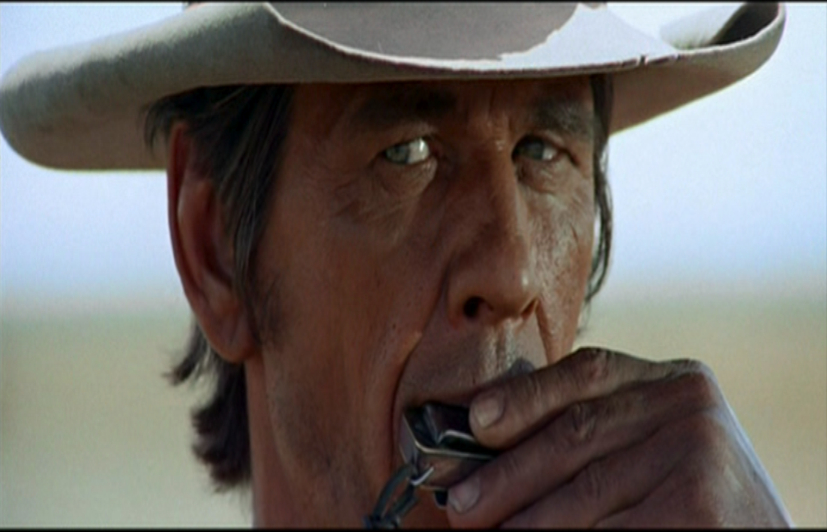

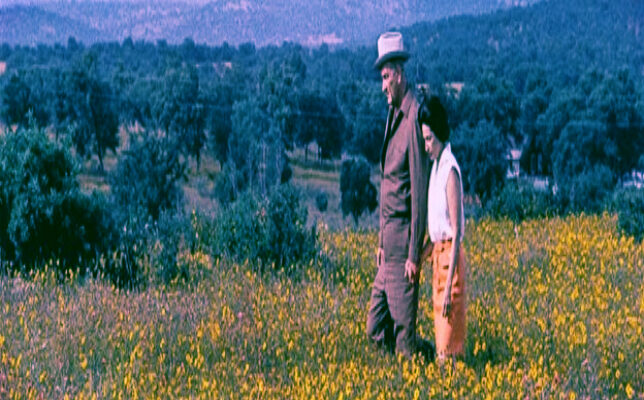

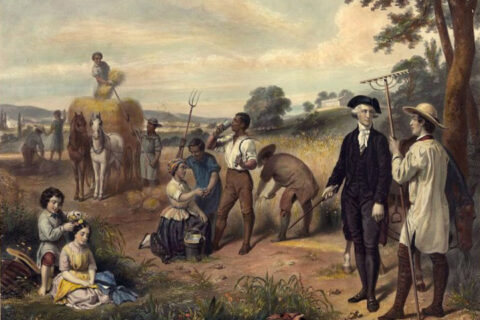
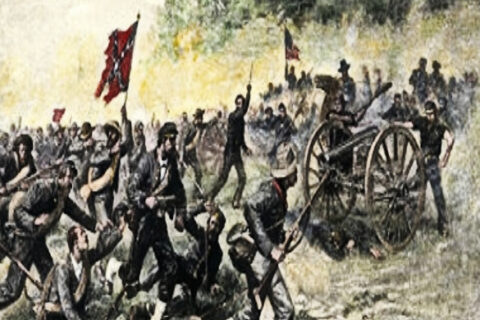
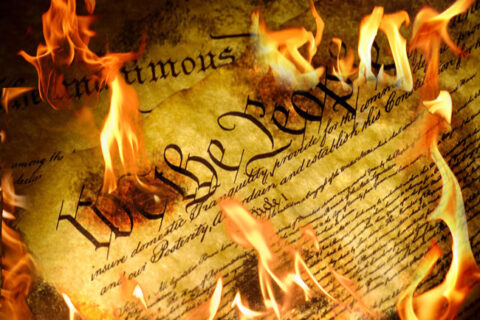
Great point at the end there. In school we watched films like „Glory“ and had to memorize MLK speeches to recite them, later when I learned the truth about these matters it radicalized me into forever rejecting American Patriotism.
Let’s remember also that the the “reforms” of the 50’s and 60’s were completely unconstitunal and the election of 1960 was rigged in favor of the Yankee JFK.
Great article.I have a need to know why these things transpired to understand how things went so badly.I have read Johnson’s family were part Jew and very anti-Klan going way back.Johnson either was a part-Jew liberal(and got paid)or just got paid off.Either way he is a traitor roasting in eternal Hell fire.There was an old joke about a man named Lyndon B. Shits who hated his name,so he changed it to Sam Shits.haha My daddy told me that one.
Lyndon Johnson saw the adulation JFK received from the national Press corps for promoting the Civil Rights Movement and thought if he followed suit he would be similarly lionized. -He didn’t understand that in their Jewish eyes he would just be seen as another ‘Southern hick” despite his slavish pandering.
LBJ was a victim of his own treacherous nature- may it always be thus for white gentiles who kiss Jewish ass- may his name live in infamy forever!